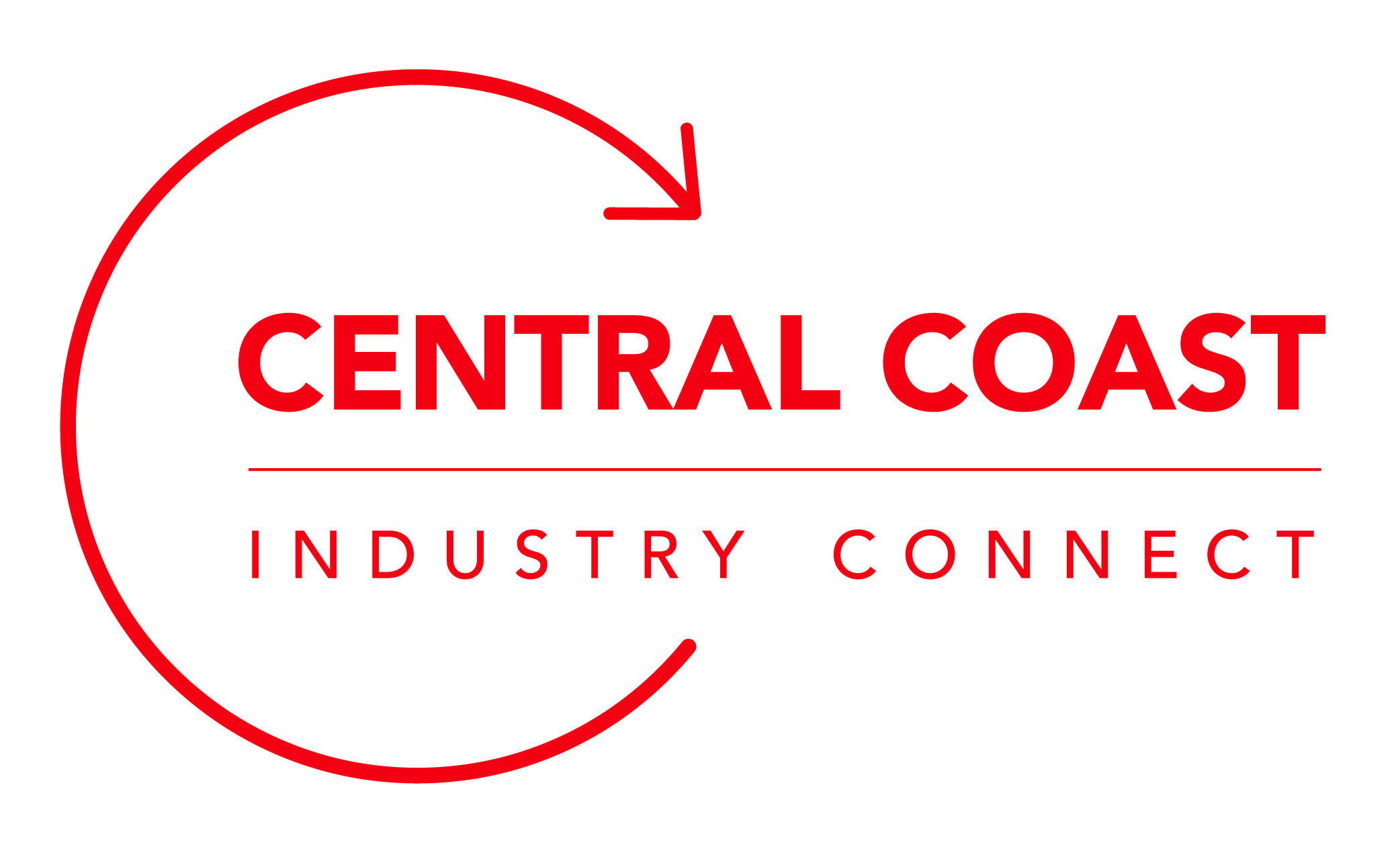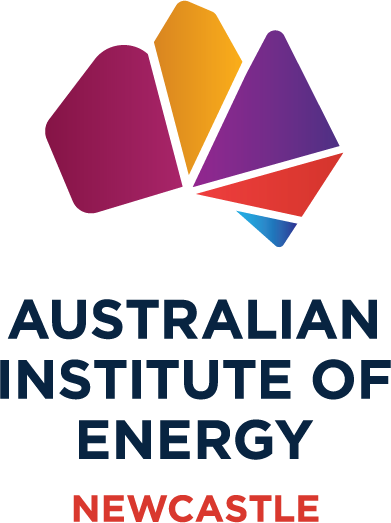Global clean hydrogen sector sees surge in investment but faces challenges, Says Hydrogen Council
The Hydrogen Council's annual insights report has revealed a seven-fold increase in committed capital for global clean hydrogen projects over the past four years, but warns of delays due to macroeconomic challenges and regulatory uncertainty.

The Hydrogen Council has released its Hydrogen Insights 2024 report, showing substantial growth in the global clean hydrogen industry, with capital investment commitments rising sharply over the past four years.
The report, co-authored by McKinsey & Company, highlights a significant maturation in the project pipeline. Since 2020, the number of clean hydrogen projects has risen from 228 to 1,572 worldwide as of May 2024.
One of the most notable findings is the increase in projects reaching the final investment decision (FID) stage. Investments in these projects have grown from USD 10 billion across 102 projects in 2020 to USD 75 billion across 434 projects in 2024, representing a seven-fold increase.
Jaehoon Chang, Co-Chair of the Hydrogen Council and President and CEO of Hyundai Motor Company, remarked on the progress, stating, "The seven-fold increase in committed capital for hydrogen projects reaching FID over the past four years demonstrates the industry’s progress."
The report also revealed that total announced investments through 2030 have increased by around 20%, from USD 570 billion to USD 680 billion. Particularly, projects that have progressed beyond FID have seen a 90% boost in investment, with front-end engineering design (FEED) stage projects experiencing a 30% rise. This trend signals a shift from planning to execution, suggesting that many projects are moving towards implementation, although industry experts caution that further acceleration is necessary to meet long-term climate goals.
Despite the positive momentum, the hydrogen sector faces some challenges. Macroeconomic factors like inflation, rising interest rates, and geopolitical tensions have impacted the energy markets. Additionally, industry-specific issues, such as regulatory uncertainty and the rising costs of renewable energy and electrolysers, have caused delays in renewable hydrogen projects.
Ivana Jemelkova, CEO of the Hydrogen Council, commented, “This report sends a clear message: hydrogen is happening. Now that hydrogen is a reality in the energy transition, it’s time to drive significantly more investment by 2030 to meet our mid-century targets.”
As the hydrogen sector advances, natural attrition has been observed in the project pipeline, with less viable projects being weeded out and the strongest ones advancing. This trend is consistent with the early development of other clean energy sectors like wind and solar. Jemelkova and other leaders in the sector urge governments to address these challenges and offer supportive regulatory frameworks to ensure that hydrogen projects can proceed without delays.
Sanjiv Lamba, CEO of Linde and another Co-Chair of the Hydrogen Council, pointed out the need for collaborative efforts between industry and government: "Realising hydrogen’s full climate and socio-economic potential requires a united effort from governments and industry. With a supportive regulatory framework and targeted incentives, investors will have the certainty they need to move projects to FID – ultimately contributing to achieving global climate targets."












